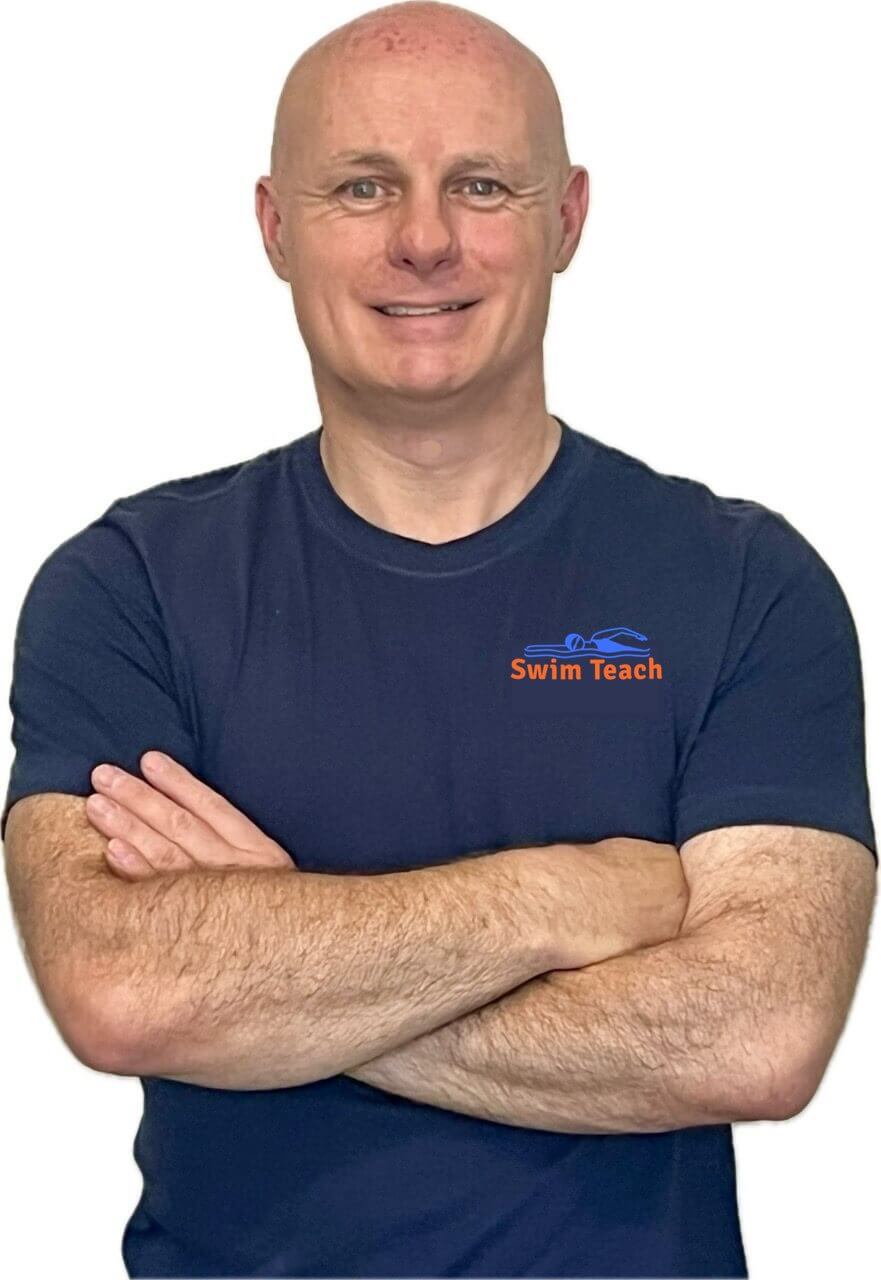- Swim Teach Home
- tips for beginners
- Swimming Questions
- Learning To Swim For The First Time
Learning To Swim For The First Time
I am a 35-year-old lady learning to swim for the first time. I have been to two lessons and feel like giving up..as whenever I try to float I sink..my trainer is trying to teach front crawl but I am not able to lift my legs and float..the moment I try to flap my legs I sink..feel embarrassed..thinking of putting a stop.but I really want to swim..can you help?
First of all - don't give up! You have only had two lessons, and Rome was not built in a day. The embarrassment factor is very common, especially in adults. Be proud that you have taken the bold step towards learning to swim. Thousands of adults out there cannot swim and will not take the step you have taken. If you have no fear of the water, there is no reason why you cannot learn to swim.
Regarding floating: some people float very well, and others do not. It is a characteristic of your body, and you cannot change it. That does not mean you will never float or swim. The first thing you must learn is to relax in the water. Relaxed muscles are more likely to float and tense, and tight muscles usually sink.
The Easiest Stroke To Learn First
I am wondering why you are learning front crawl. Breaststroke is the easiest swimming stroke for an adult learning to swim for the first time.
Breaststroke can be performed with your body positioned at an angle and therefore, your legs lower in the water. Your head can be out of the water and your legs down, and you will still be able to perform breaststroke. You may still sink to start with but give it time and technique practice and you will soon be swimming without sinking.
Try a 'Push and glide' away from the side and just float along. Relax and enjoy the water. Then when you come to swim, relax into your stroke by swimming slowly.
'Feel' your way through the water; don't fight your way through it. Sometimes by swimming slowly you can discover you will remain afloat. Sometimes you can try too hard, and the result is slowly sinking.
The key is to relax and go slow. Worry about how far you get when you've learnt to relax and your swimming becomes more accomplished.
I Want To Learn To Swim
I want to learn to swim. I grew up where there were no pools to learn that safe, and now I'm old (29), but I still think I'm missing out. Will you please give me basic tips that one has to have if they are starting to learn to swim?
Hey, 29 is not old! It is never too old to learn to swim, and the fact that you missed out on the opportunity when you were a child does not mean you cannot learn to swim now. You have some determination, and that is to your credit.
How quickly you learn to swim will depend on how comfortable you are in the water and how much your confidence grows as you learn and progress.
The most important safety aspect to consider is not to learn alone. Take a friend or relative to the swimming pool for help and support.
Your first step is to explore the water and experience how your body behaves in the pool. Essential swimming basics to master first include holding your breath, breathing out into the water and learning to stand up from a floating position. Learning how to swim the basic swimming strokes is easy once you have learnt how your body moves and how to control your movements in a safe and confident way.
Get into the shallow end of the swimming pool, where you can stand easily and hold the poolside. Practice moving around, walking about, sinking to shoulder depth and standing again. Practice holding your breath, getting your face wet, blowing bubbles, and maybe even completely submerging if you feel brave enough.
The next step is to try lifting your feet off of the pool floor. If you are totally confident with submerging, then lifting your feet up whilst under the water and then placing them on the floor again is easier than you may think. It is also a massive confidence booster if you manage to achieve it.
Do not get stressed about whether you float or not. Floating is a characteristic of the human body some of us float well, and some of us simply do not. Your ability to float is not important, but your ability to relax in the water is very important. Your swimming will be smoother and easier, and your body will be more inclined to float if you are relaxed. Relaxation when learning to swim comes with time if it does not come naturally.
The above swimming tips are all basics that you will find extremely easy or terrifying! Learning the basic swimming strokes from there is a matter of exactly how to move your arms and legs and when to breathe.
However, you feel it is important to progress at your own pace and not get frustrated with anything you find challenging. Patience and perseverance will prevail.
My best-selling book The Complete Beginners Guide To Swimming contains aspects of learning to swim plus over 80 separate swimming exercises to help all parts of basic swimming and swimming the four basic strokes. You can download it, print out the parts you need and take them to your pool to try out. Click the link below for more information.
The Must-Have Ebook for Beginner Swimmers
 The Complete Beginners Guide To Swimming
The Complete Beginners Guide To Swimming$14.99

I am a member of the Amazon Associates Program and I will earn a commission from qualifying purchases at no extra cost to you.





